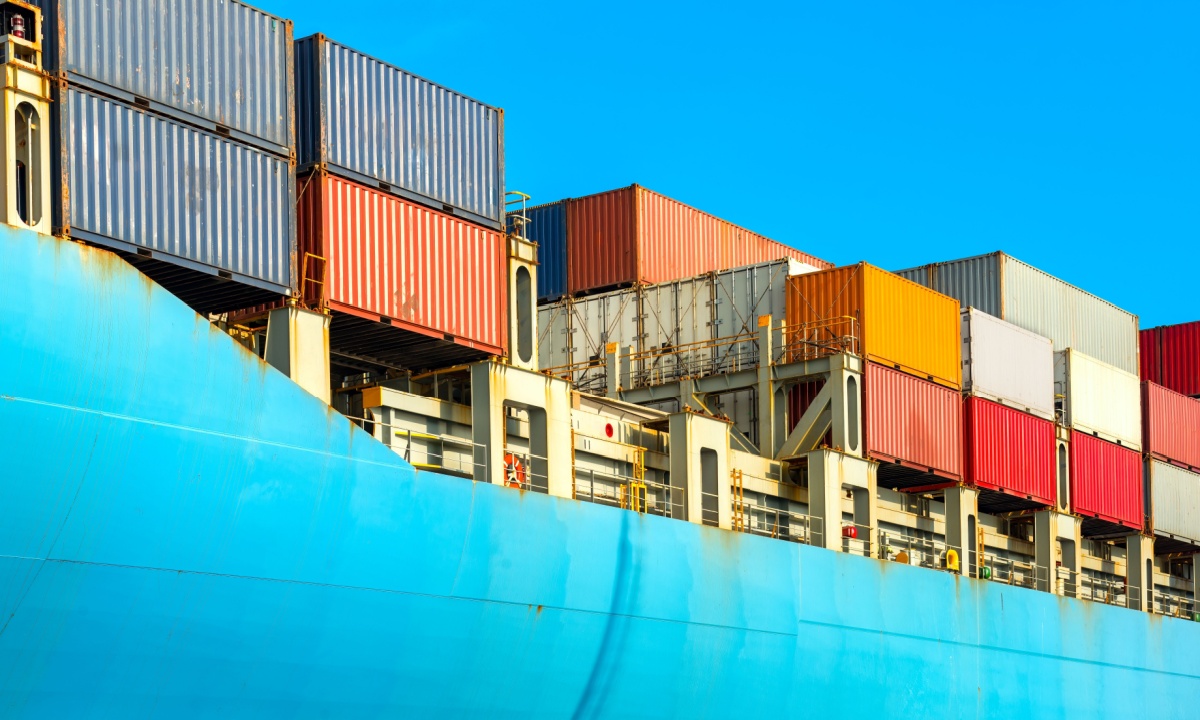U.S. import cargo volumes are projected to decline for the remainder of 2025, after a near-record summer surge driven by retailers stocking up ahead of rising tariffs and an unpredictable trade policy landscape.
The Global Port Tracker report, released Tuesday (Sept. 9) by the National Retail Federation (NRF) and Hackett Associates, indicates a cooling after a period of heightened activity.
Jonathan Gold, NRF’s vice president for supply chain and customs policy, highlighted the difficulty for businesses: “Retailers have stocked up as much as they can ahead of tariff increases, but the uncertainty of U.S. trade policy is making it impossible to make the long-term plans that are critical to future business success.” Gold added that these disruptions will ultimately lead to higher prices for American consumers.
The nation’s major container ports handled 2.36 million twenty-foot equivalent units (TEU) in July, a 20.1% increase from June and a 1.8% rise year over year. This made July the second-busiest month on record, just shy of May 2022’s 2.4 million TEU peak.
However, projections signal a downturn. August is forecast at 2.28 million TEU, down 1.7% year over year; September at 2.12 million TEU, down 6.8%; October at 1.95 million TEU, a 13.2% drop; and November at 1.74 million TEU, down 19.7%. December is projected to be the slowest month since March 2023, at 1.7 million TEU, a 20.1% decrease. The full year 2025 is forecast to reach 24.7 million TEU, a 3.4% decline from 2024’s total of 25.5 million TEU.
The report detailed a complex tariff environment, including reciprocal tariffs globally and broader sectoral tariffs. While a federal appeals court ruled against President Donald Trump’s use of the International Emergency Economic Powers Act for tariffs, the duties remain in effect pending a Supreme Court appeal.
Separately, a tariff increase on China was delayed by 90 days to Nov. 10 for trade negotiations, and a new 25% tariff on India took effect in late August, raising its additional tariff rate to 50%.
The threat and implementation of tariffs since the beginning of the Trump administration have led to economic uncertainty across the board. PYMNTS previously reported that many companies have wrestled with pricing decisions as a result of tariffs, and farmers across the country have slowed or halted grain exports until they have a firmer understanding of how and when tariffs would be implemented.
